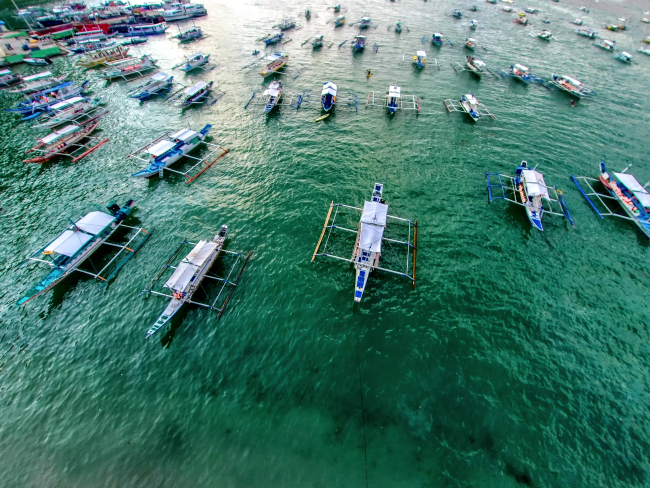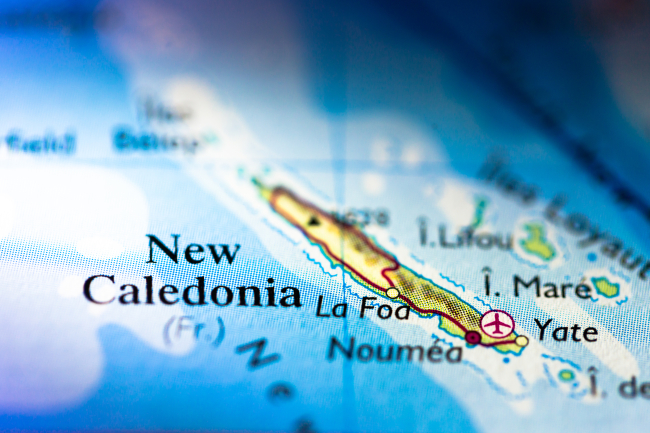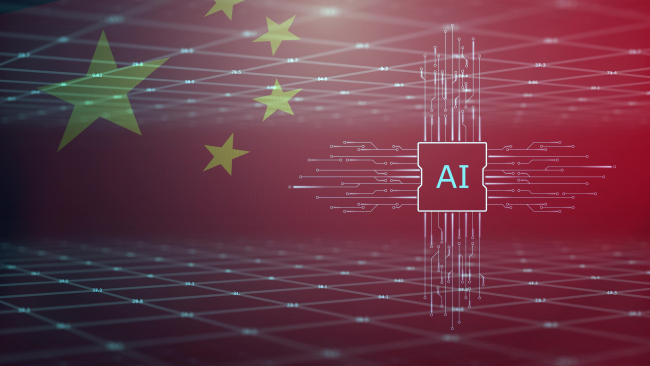Japan-Russia: The end of delusions
The war in Ukraine has led to a major rift between Japan and Russia.

Reacting to political condemnation and economic sanctions from Tokyo, Moscow decided on 21 March to withdraw from the ongoing negotiations to solve their dispute over the Kuril Islands, ending 30 years of cordial relations between the two neighbours. Japan is now aware that Russia and China work hand-in-hand as revisionist powers, and that an engagement policy towards Moscow is no longer enough to secure its interests. Sanctioning Russia and materially supporting Ukraine also marks a historic break with Tokyo's traditional cautiousness on the international scene.
Taking stock of Abe’s engagement policy
Since the end of the Cold War, Moscow has no longer posed a threat to Tokyo. A weakened Russia even seemed open to returning at least two of the four South Kuril Islands to Japan. These islands have been under Russian sovereignty since 1945, but were previously under Japanese control and are strategically placed north of Hokkaido on the east flank of the Sea of Okhotsk. This territorial dispute has so far prevented the signing of a formal peace treaty between the neighbours. Former Prime Minister Shinzo Abe made resolving the dispute a personal affair — his father, a former foreign minister, passed away before completing a round of discussions that started in 1990.
During his tenure (2012-2020), Abe met with Putin almost 30 times in the hope of forging a relationship of trust. Adopting extremely modest sanctions after the annexation of Crimea in 2014, he actually proposed investing in Russia to facilitate the resolution of the territorial dispute. A joint development plan for the South Kuriles (“Northern Territories” for the Japanese) was announced in 2016, but this plan has not led to any concrete action. In fact, Abe's efforts were useless: Russia has not surrendered an inch of sovereignty. On the contrary, it has reinforced its existing military presence on the islands with, among other equipment, batteries of S-300 surface-to-air missiles at the end of 2020.
By trying to get closer to Putin, Shinzo Abe was also aiming for a more strategic objective: to prevent Russia from falling into the Chinese orbit, or at least, to prevent a Sino-Russian front against Japan on territorial and historical issues. This, again, has failed: Moscow's economic dependence on Beijing has been deepening and the two countries have been engaging in unprecedented military cooperation. In recent years, Chinese and Russian forces have conducted large-scale exercises in the Far East. Last October, Russian and Chinese vessels circled the Japanese archipelago, causing alarm in Tokyo. In 2022, the context is definitively different from 2014: the aggression against Ukraine by Russia is violating all the principles of the laws of war and humanitarian law. Hence, Japan has had no choice but to adopt a tougher stance and to make a clear break from Abe's magnanimous approach that only led to meagre results.
Japan firmly aligns with the West
Japanese rhetoric has hardened. Tokyo immediately condemned the Russian aggression, stating that it "unilaterally changes the status quo by force" — terminology usually used to describe Chinese manoeuvres in the South and East China Seas. In official documents, the Northern Territories are once again presented as an “inherent part” of the Japanese nation. The relationship with Russia will therefore undergo a profound reassessment: the revised National Security Strategy upcoming this year will certainly describe it as an unfriendly country. While over the last decades’ China has become the number one security concern for Tokyo — especially because it frequently intruded into Japanese territorial waters around the Senkaku Islands — the Japanese may now want to redeploy their Self-Defence Forces to cope with a more threatening Russia.
> The full article is available on 9DashLine

Available in:
Regions and themes
Share
Related centers and programs
Discover our other research centers and programsFind out more
Discover all our analysesThe Case for Enhanced France-Philippines Maritime Cooperation
France and the Philippines, two Indo-Pacific nations, can capitalize on their shared interests, needs, and expertise in maritime security and governance, ultimately fostering strategic rapprochement.
France’s maritime security cooperation in the Pacific
France plays a significant role in Pacific maritime security, particularly through the active participation of its overseas territories and the contribution of its stationed armed forces to regional cooperation initiatives.
Taiwan’s Rising Space Program: Building Up Industry, Supporting National Security
Taiwan, known for its leadership in semiconductors and information and communications technology (ICT), is now making significant strides in the space industry. While historically modest, Taiwan’s space program has seen a transformation since 2020, driven by President Tsai Ing-wen’s commitment to expanding the country’s space capabilities. Key milestones include the passage of the Space Development Act and the creation of the Taiwan Space Agency (TASA), which has bolstered the resources and visibility of Taiwan’s space ambitions.
AI and Technical Standardization in China and the EU: Diverging priorities and the need for common ground
Given the highly disruptive potential of AI, global cooperation on AI safety and governance is imperative, and yet the deeply transformational potential of AI also ensures that a high level of competition and systemic rivalry is likely unavoidable. How can the EU best manage its complex relationship with China in the field of AI so as to ensure a necessary level of cooperation in spite of competition and rivalry?












